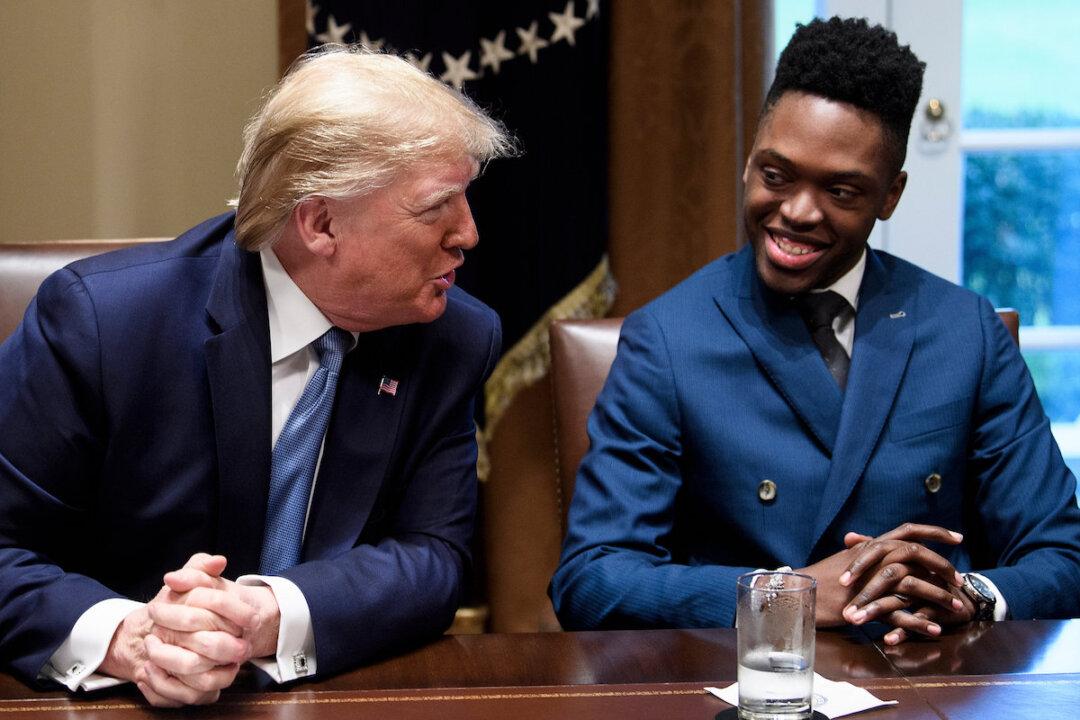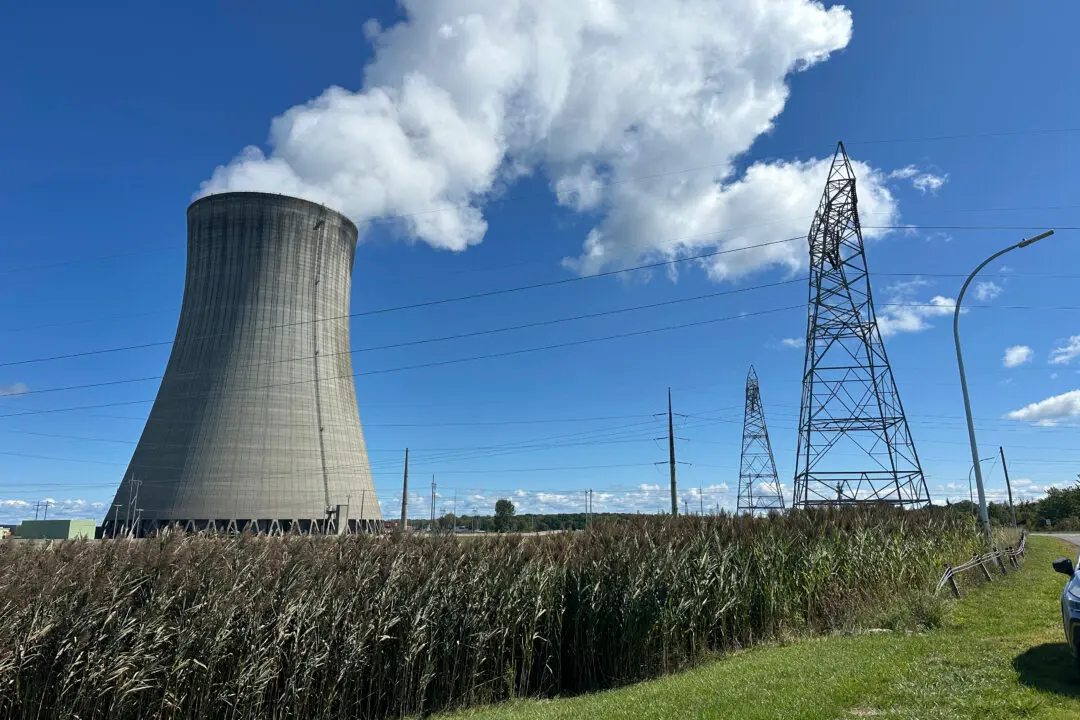While Monday’s impeachment hearing was proceeding on Capitol Hill, President Donald Trump used a White House roundtable meeting to promote a school choice bill that aimed to open up educational choices for millions of “forgotten children” who are “locked into a school system that’s terrible.”
“Now is the time to fight for the forgotten child, and that’s what we are doing with respect to education,” said President Donald Trump, joined by Sen. Ted Cruz (R-Texas), Education Secretary Betsy DeVos, Florida Gov. Ron DeSantis, and several students and teachers who utilize state-level school choice programs. “For decades, countless children have been trapped in failing government schools. In my administration, these children are forgotten no longer.”





